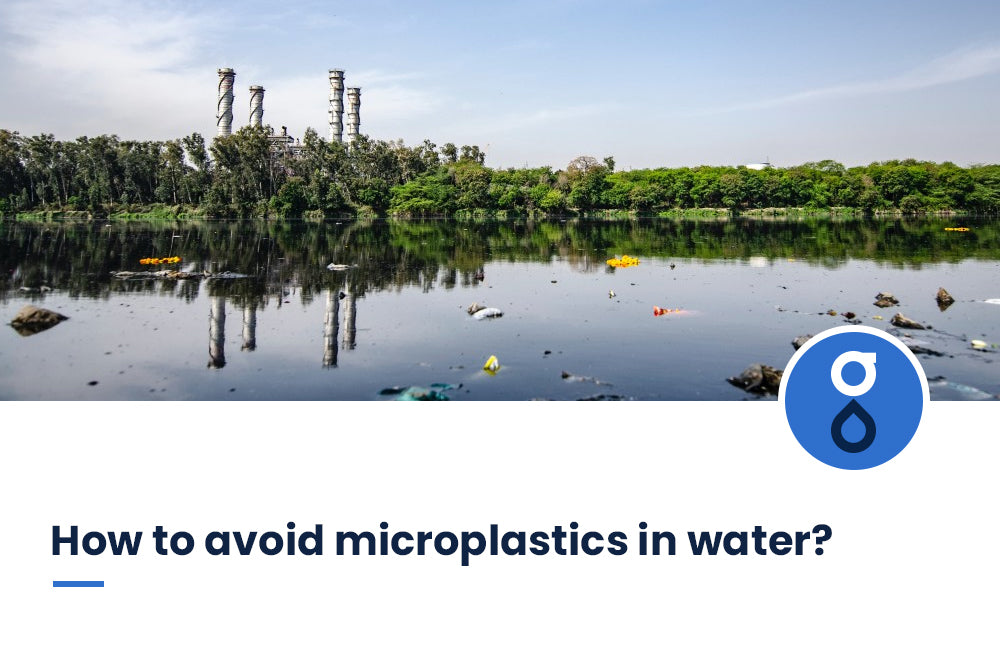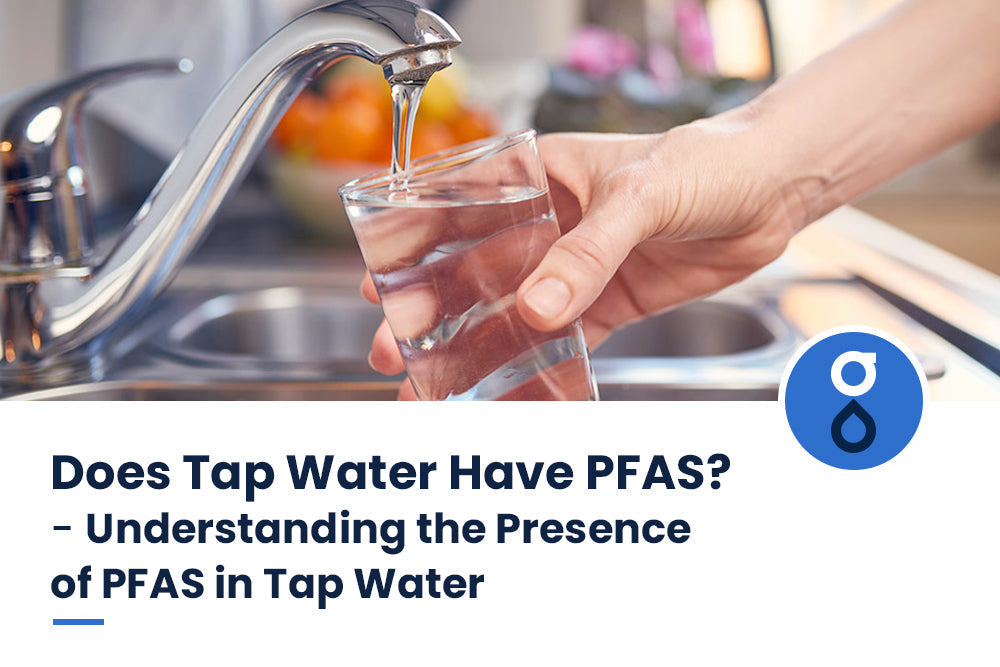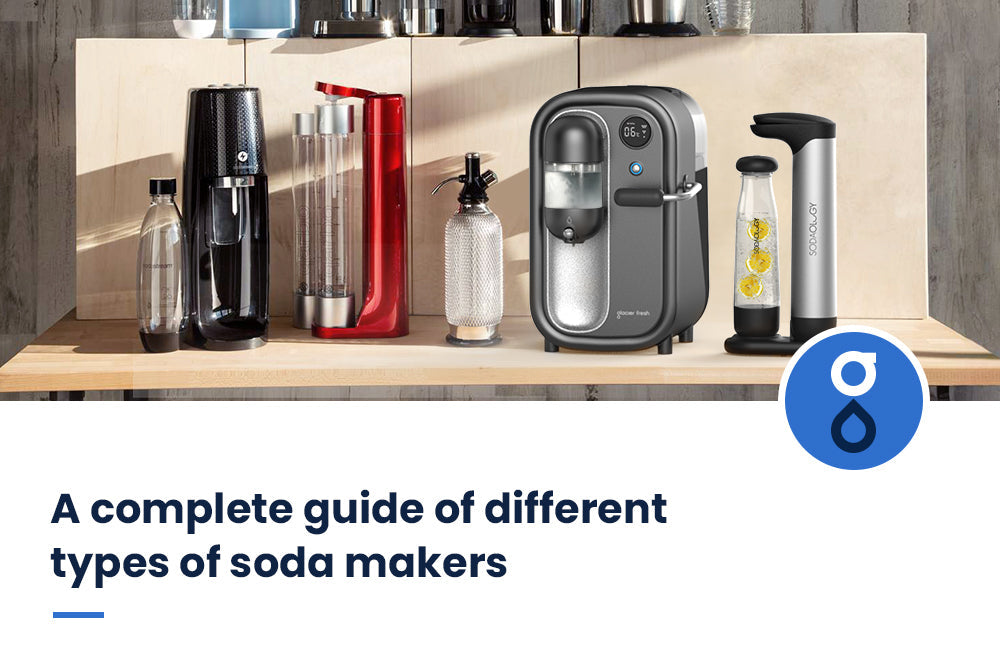Table of Contents:
Contamination of water sources during emergencies
The importance of water filtration in disasters
Techniques for emergency water filtration
Health risks of improper water filtration
What you should do in a water emergency
FAQs
Conclusion
In a water emergency, the safety of your drinking water could be the difference between life and death. Just ask the residents of Flint, Michigan, who, in 2014, were exposed to dangerously high levels of lead in their drinking water due to a lack of proper water filtration. This shocking example of the dangers of contaminated water during an emergency shows the importance of water filtration.
Having the right water filtration system during an emergency can mean the difference between having safe and clean drinking water and risking your health. This article explores the importance of water filtration and the techniques you can use to stay safe in an emergency.
Contamination of water sources during emergencies
During an emergency, it's crucial to be aware of the potential for water sources to become contaminated. This can be due to various factors, such as natural disasters, power outages, and chemical spills. It's important to think proactively about water filtration and filters when these emergencies occur.
This will ensure the water is safe to drink, cook, and clean. It can also help to reduce the risk of water-borne illnesses. Taking the extra steps to purify water sources with water filtration can help mitigate the risk of a water emergency.

The importance of water filtration in disasters cannot be overstated. Water filters provide an effective, low-cost way to ensure safe water sources. In addition, water filtration can help to protect against water-borne illnesses and contaminants that can cause serious harm.
Water filters can also help to remove debris, sediment, and other particles that can make water sources cloudy or dirty. This can help to make sure that the water is safe to drink, cook, and use for cleaning.
To ensure that water sources are safe, it's necessary to consider using water filtration and water filters. This will help reduce the risk of water-borne illnesses and contamination while providing safe and clean water sources. With the proper precautions, it's possible to protect against water emergencies and ensure that water sources are safe to use.
The importance of water filtration in disasters

Water filtration systems also help remove contaminants like viruses, bacteria, and other particles found in water. In addition, water filtration systems can help to improve the taste and smell of water, which makes it more palatable. This is especially important in emergencies, where food and water are often limited.
The taste and smell of filtered water can also make it easier to drink and, therefore, more likely to be consumed. Using a water filtration system ensures you have access to clean and safe drinking water, even in the most extreme emergency situations. Water filtration systems can be a disaster lifesaver with the right resources and knowledge.
Techniques for emergency water filtration
With access to clean water becoming increasingly more complex, knowing the best techniques for emergency water filtration is essential. There are several methods to choose from, each with its benefits and drawbacks.
Boiling water
Boiling water is an easy and effective way to ensure your drinking water is safe. First, filling a pot with water and bringing it to a rolling boil is essential. This will kill any bacteria or other microorganisms that might be present in the water. Once the water boils, it should be allowed to cool before it is consumed. Boiling water not only eliminates bacteria, but it can also remove dirt and other particles that may be present in the water.
Chemical disinfectants

Chemical disinfectants can be a lifesaving solution in a pinch! They provide an alternate method for eliminating harmful bacteria and viruses from water that can't be boiled. Common toxic chemicals include chlorine, iodine, and hydrogen peroxide. These chemicals are typically available in tablet or liquid form and can filter water quickly for safe drinking.
When using chemical disinfectants, following the instructions on the package is essential, as the concentration of the chemicals can vary depending on the product. Additionally, be aware that chemical disinfectants can alter the taste and color of the water and may not be suitable for long-term drinking.
Filtration Devices
Many water filters can filter out bacteria, protozoa, and even some viruses, depending on the pore size of the filter. Many of these filters come in small, lightweight, and portable measures, making them ideal for emergencies.
Some of the most popular filtration devices are gravity-fed water filters, which are simple to use and require no electricity or pumping. These filters usually come in a bucket, where the contaminated water is poured in and filtered through filtration pads and membranes. The filtered water is then collected in a separate container. Gravity-based filters provide a reliable and effective way to purify water quickly and easily.
Solar Disinfection

Solar disinfection, or SODIS, uses the sun's UV rays to kill bacteria, viruses, and other harmful microbes. This technique is easy to use and requires no additional equipment. All needed is a clean container, such as a plastic bottle, and direct sunlight. Fill the container with water, and leave it in the sun for several hours. The UV radiation from the sun will disinfect the water, making it safe to consume.
Distillation
Distillation involves boiling the water, collecting the vapor, and then cooling it back down to liquid form. Distillation works because the boiling point of water is lower than that of most other contaminants. As the water is boiled, the vapor rises and is collected in a separate container, leaving the contaminants behind. The smoke is then cooled, condensing into liquid form and eliminating bacteria or other toxins.
Health risks of improper water filtration
Contaminants that are commonly found in water include harmful bacteria, chemical pollutants, heavy metals, and other toxic substances. These contaminants can produce diseases and illnesses, such as bacterial infections, diarrhea, and other gastrointestinal issues. Exposure to toxic chemicals and heavy metals can also have long-term health effects, such as neurological damage, cancer, and other chronic illnesses.
Consuming contaminated water can be particularly dangerous for vulnerable populations such as infants, young children, pregnant women, and individuals with compromised immune systems. In such cases, exposure to harmful organisms or chemicals can be fatal.
Portable water filters are one of the most effective ways to filter water during emergencies. Many types of portable filters are available, including ceramic, carbon, and reverse osmosis filters. Properly filtered water can remove harmful contaminants such as resistant organisms and fecal coliforms, ensuring the water is safe to drink.
What you should do in a water emergency
It would help if you took quick action in a water emergency to protect yourself and your loved ones from the potential health risks of consuming contaminated water.
First and foremost, you should find out the source of the emergency. If it's from a water line, try to find out if it's a localized or more significant problem. If it's a larger problem, you should immediately switch to bottled water or boil any water before drinking it. In addition, you should avoid swimming in contaminated water and make sure to wash your hands regularly.

Another critical step is to make sure that you have a reliable water filtration system in place in case of future emergencies. Invest in a water filtration system certified by the National Sanitation Foundation to filter out potential contaminants. You should also keep a few gallons of potable water on hand for drinking and washing purposes.
Lastly, ensure you're aware of the local regulations regarding water filtration, as they may vary from place to place. Don't hesitate to contact your local water authority or health department in an emergency.
FAQs
What is the most cost-effective method of emergency water filtration?
Several strategies can be used to filter water in an emergency situation, including boiling, distilling, chemical filtration, and filtration through a sieve. Some of these methods are more expensive than others, but all effectively produce safe drinking water.
How long can I store filtered water?
The shelf life of filtered water will depend on several factors, such as the type of filtration system, the quality of the source water, and the storage condition. In general, it is recommended to use the filtered water within a few days to a week to ensure freshness and safety.
Conclusion
You're now aware of the importance of water filtration during a natural disaster. Without it, you're at risk of becoming sick from contaminated water. Sadly, more than 3.4 million people die yearly from water-related diseases, so it's essential to be prepared. Make sure you have the resources on hand when disaster strikes.
Stock up on filtration systems and have a plan in place for when an emergency occurs. You never know when you'll need it—but you'll be thankful you're prepared when the time comes.
















